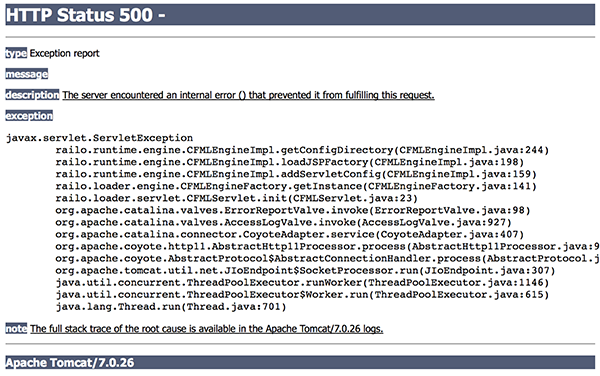What is SRE and why does it matter?
The best place to start is often the beginning. Let’s start by just asking the basic question "What is Site Reliability Engineering?" There are many answers to this question floating around, including the one often quoted by the person who coined the term (Ben Treynor Sloss at Google), but the most practical answer we can offer is:
Site Reliability Engineering is an engineering discipline devoted to helping an organization sustainably achieve the appropriate level of reliability in their systems, services, and products.
Later on we may bring some other definitions into the picture, but let's start from here. There are three crucial parts to this definition we need to unpack that lead us right to the “Why does it matter?” question.
Reliability
At the very heart of (and smack in the middle of the name "SRE") is that word Reliability. The definition doesn’t say “appropriate level of performance” or “appropriate level of efficiency” or “appropriate level of stability” or even “achieve the appropriate level of income”. It says “appropriate level of reliability”. Why?
Let’s look at a quick demonstration. Here’s a screenshot. What do you think it's showing? Try not to move on until you have an idea or you give up. Note: if it's hard to detect very much detail in this picture that’s fine, it's rendering perfectly in your browser.

This picture is a screenshot of what a PHP app (without other debugging support added) looks like when it fails. You might see something like this for a Java app:

Why are we looking at these examples? Each of them represents an application that potentially took a business huge amounts of time, energy, and resources to create. But if the application isn’t up-if it isn’t operational when a customer needed to access it-if it isn’t reliable-it does no one, especially the business any good. In fact, a lack of reliability can do actual harm (reputational, economic, contractual, morale, and so on) to a business.
This importance is why SRE chooses to focus on reliability as a fundamental property, perhaps the fundamental property of the service, system, or product. Reliability can encompass many things (as we discuss later), but let's move on to the second crucial part of the definition.
Appropriate levels of reliability
You may not have caught it the first time you read the definition, but let's emphasize another important word:
Site Reliability Engineering is an engineering discipline devoted to helping an organization sustainably achieve the appropriate level of reliability in their systems, services, and products.
Why does that word matter so much?
An important observation made in the SRE world is that there are few systems and services that have to be 100% reliable. Life and death situations like aviation, medical devices, etc. are a notable exception.
In fact, there are few situations where it's even desirable. The effort and resources (and hence the cost) needed to achieve greater reliability rises at a steep rate as greater reliability is sought. Put another way, chasing after reliability you don’t need is a waste of time and money. You want to achieve the appropriate level of reliability in your system, services, and products.
The level needs to match the business needs and be pragmatic. For example, our customers might connect to you over a network that isn’t 100% reliable (let’s say it's up 90% of the time). Spending the effort and money to make sure your service is 95% reliable is by definition a waste of time and money. You want to achieve the appropriate level of reliability in your system, services, and products.
SRE takes this pragmatism one more step. If we can now think about there being a desirable level of reliability, is there something we should do if we're successful at meeting or surpassing that level? Similarly, what if we don’t achieve it? We answer these questions later in the module.
Sustainably achieve
The final word from our definition that we need to highlight before we move on is sustainably. Sustainably refers to the role of people. It's crucial we create a sustainable operations practice. People build reliable systems, services, and products. If we don't do things to make sure that our work is sustainable. If we wake up our people at 3:00 AM every night with a page, and don't give them time with their family. If they don't have the opportunity to spend time taking care of themselves. Then, there's no way they're going to be able to build reliable systems. SRE thinks it's key that we implement an operations practice that is sustainable over time, so our people are able to bring their best to the job.